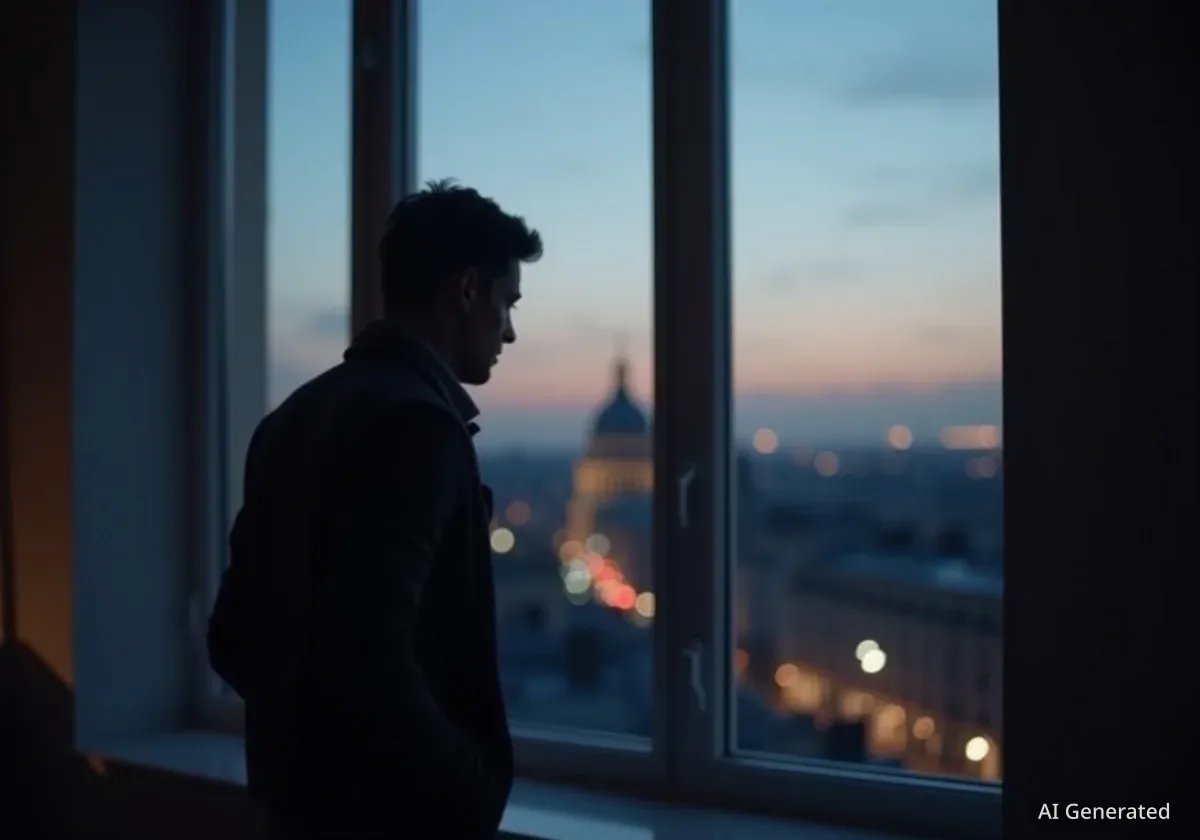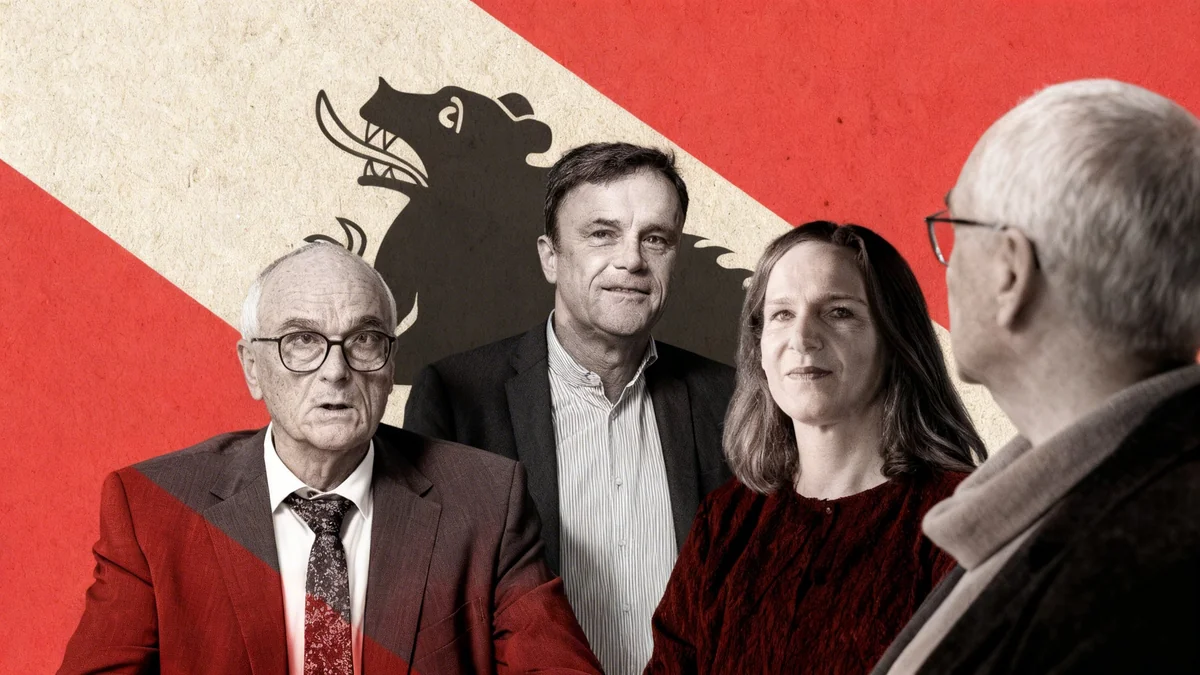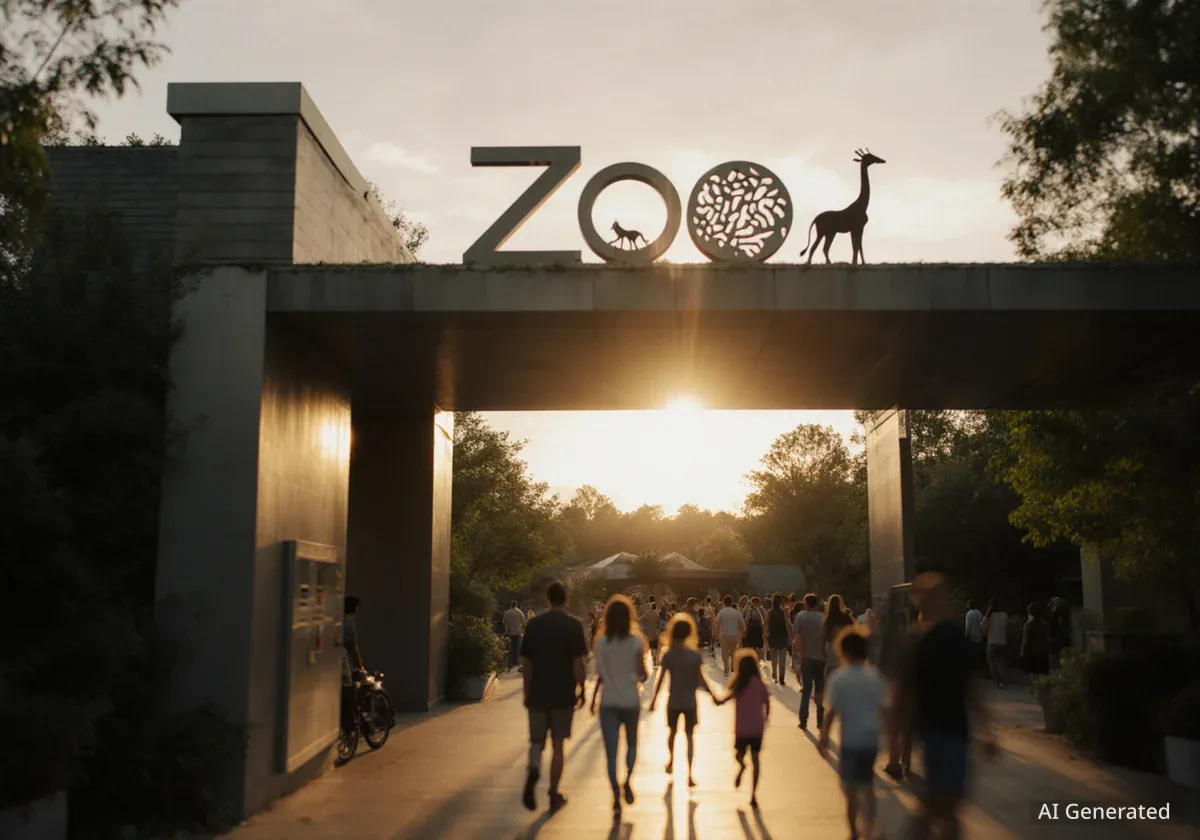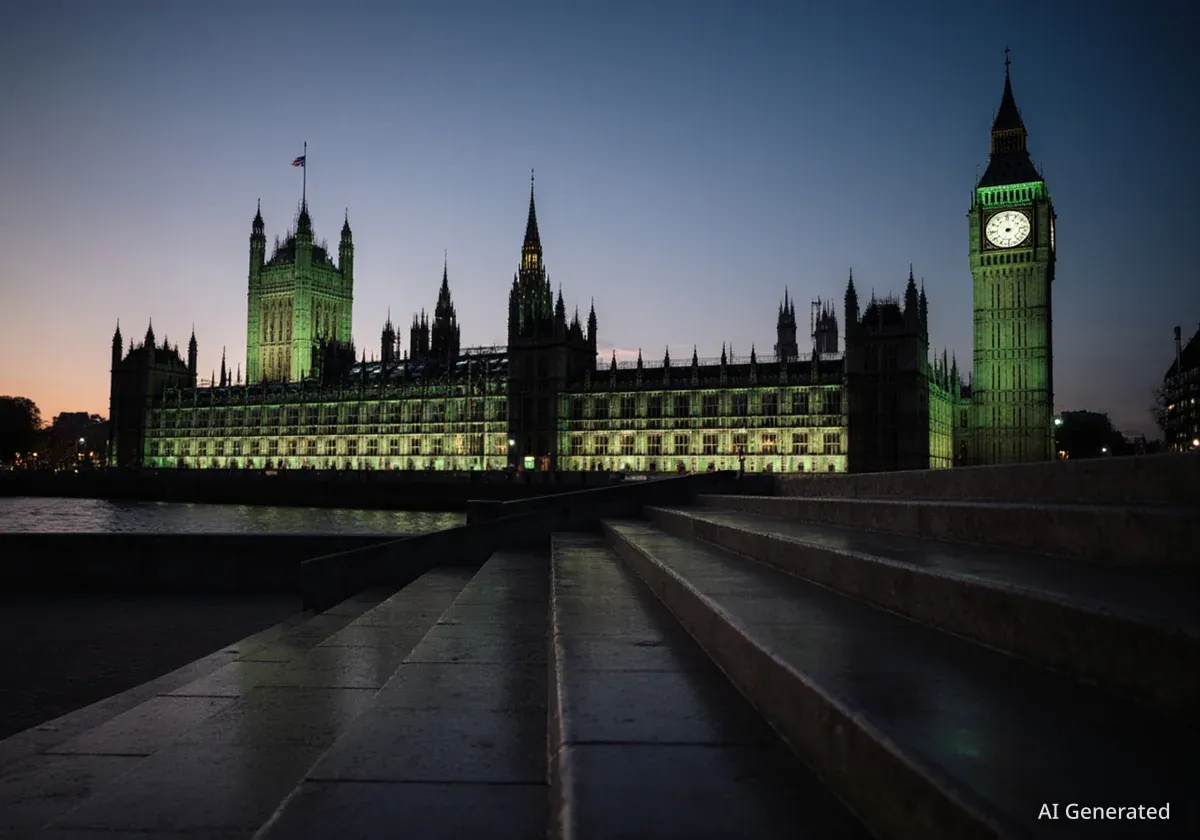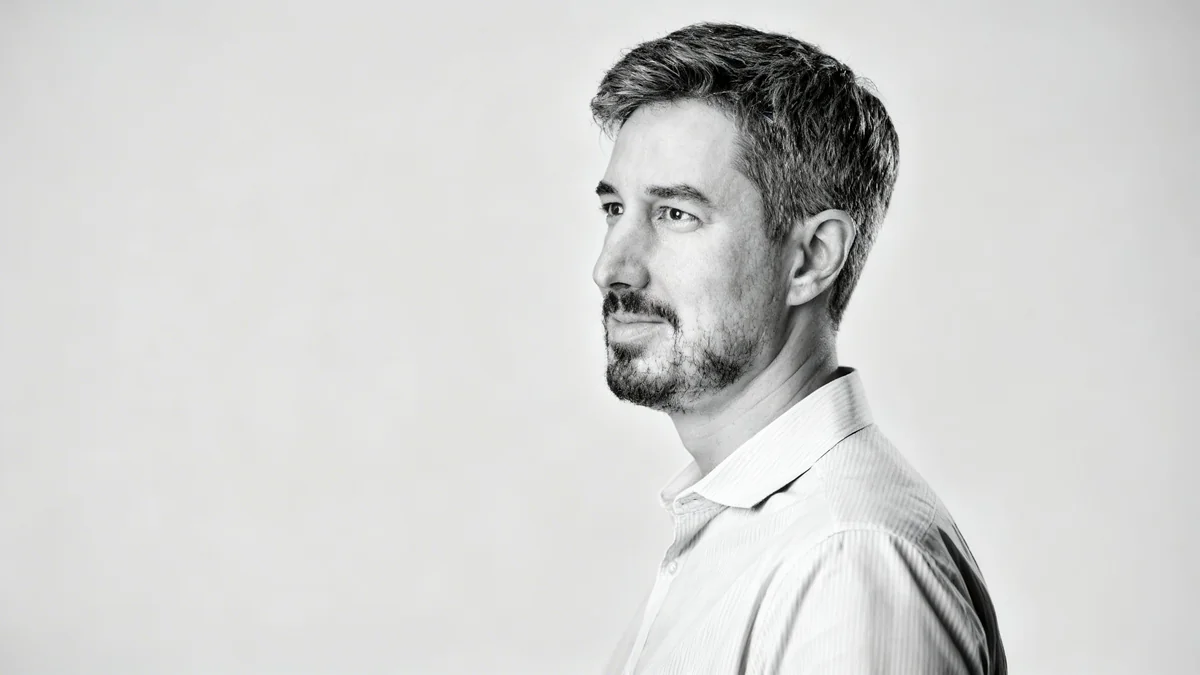Israel's new ambassador to Switzerland, Tibor Schlosser, began his term in Bern facing a complex political landscape marked by increasing criticism of Israel's military operations in Gaza. In a recent discussion, the 64-year-old diplomat addressed his challenging start, the personal impact of the October 7th attacks, and the ongoing diplomatic tensions.
Key Takeaways
- Tibor Schlosser assumed his role as Israeli Ambassador to Switzerland on September 15, replacing Ifat Reshef.
- His arrival coincided with the second anniversary of the October 7 Hamas attacks and heightened political tensions in Switzerland.
- Schlosser acknowledges the divided public opinion but describes his reception as pleasant, even from critics.
- He has personal connections to the attacks, having grown up in a kibbutz influenced by peace activist Vivian Silver, who was killed by Hamas.
- The ambassador states that the ongoing trauma from the attacks will not resolve until all hostages are returned.
- He attributes the continuation of the war and civilian suffering in Gaza to Hamas's refusal to release the hostages.
A Diplomatic Mission in a Tense Climate
Tibor Schlosser's tenure as Israel's ambassador to Switzerland began on September 15, offering little time to settle in before being confronted with significant diplomatic and public challenges. His appointment came just ahead of memorial events for the second anniversary of the October 7th Hamas attack, a period of reflection for Israel that now occurs amid global scrutiny of its subsequent military campaign in the Gaza Strip.
The ambassador acknowledges the difficult environment. "The attitude is split," Schlosser stated, referring to public opinion in Switzerland. However, he also made a point to recognize the nature of his reception. "But I want to emphasize: I was received very pleasantly, even by critics of Israel. That feels good."
High Tensions in Switzerland
The charged atmosphere surrounding the conflict has been palpable within Switzerland. In a notable incident in late September, Swiss Foreign Minister Ignazio Cassis required a police escort to leave an event in Bellinzona due to a pro-Palestinian demonstration. This event underscores the security concerns affecting public officials who engage with the topic.
Security is a constant factor for Ambassador Schlosser. He confirmed that he cannot travel anywhere without police protection. When asked if he is able to move freely, he clarified the situation: "Whether I can, I don't know. But I am not allowed to." This security protocol highlights the serious nature of the threats perceived by Israeli diplomatic missions in the current climate.
Personal Connection to the October 7th Tragedy
For Ambassador Schlosser, the events of October 7, 2023, are not just a matter of state policy but a source of deep personal pain. He grew up in Kibbutz Gezer, a community significantly shaped in the 1970s and 1980s by the well-known peace and women's rights activist, Vivian Silver.
Silver was murdered by Hamas terrorists in her home in Kibbutz Be'eri during the attack. Her death sent shockwaves through communities in Israel and peace movements abroad. "That was a big shock for us," Schlosser said. "Vivian was a fighter for peace. And unfortunately, people like her were the first to be killed."
"I am still in a trauma today, like everyone else. As long as the hostages are not back, this trauma will not go away."
Tibor Schlosser, Israeli Ambassador to Switzerland
The ambassador revealed that he lost friends in the massacre, and other people he knew were taken hostage. When asked if this profound experience has changed him, he spoke of a collective wound that remains open for his country and for him personally. The unresolved hostage situation, he explained, prevents any sense of healing or closure.
Navigating International Criticism and the War in Gaza
While Israel continues to process the trauma of the attacks, the international community's focus has shifted significantly to the humanitarian crisis in Gaza. Israel's military response has resulted in tens of thousands of deaths, widespread destruction, and what many world leaders describe as an unbearable level of suffering for the civilian population.
This growing criticism has put Israeli diplomats like Schlosser in a defensive position. Acknowledging the human cost of the war, he expressed his sorrow for non-combatants. "I can only say that I am very sorry for the civilian population, on both sides," he stated. "In Israel, too, one feels terrible when civilians die."
Diplomatic Background
- Ambassador: Tibor Schlosser, 64
- Previous Postings: Germany, Italy
- Languages: Fluent in all Swiss national languages except Romansh
- Predecessor: Ifat Reshef (November 2021 - September 2025)
However, Schlosser places the responsibility for the prolonged conflict squarely on Hamas. "If Hamas had released our hostages earlier, then this war could have been over a long time ago," he argued. This position reflects the official Israeli government stance that the war's objectives are inextricably linked to the return of the hostages and the dismantling of Hamas's military capabilities.
The Challenges of Urban Warfare
Addressing the immense destruction in Gaza, the ambassador pointed to the complexities of fighting an entrenched militant group in one of the world's most densely populated areas. He described a battlefield characterized by house-to-house combat, explosive traps, and the presence of weapons in nearly every building, making it difficult to avoid civilian casualties and infrastructure damage.
As a diplomat, Schlosser refrains from publicly questioning his government's strategy. "My government is following a certain path. Whether that is right or not, the future will show us," he said cautiously. His focus remains on the diplomatic channels and the potential for a resolution.
Looking forward, Ambassador Schlosser expressed a sense of cautious optimism regarding the ongoing peace negotiations mediated in Egypt. Despite the immense challenges, he sees a glimmer of possibility for an end to the conflict. "I believe for the first time that we really have hope again," he concluded. "Hope for the end of this terrible war for all of us."
